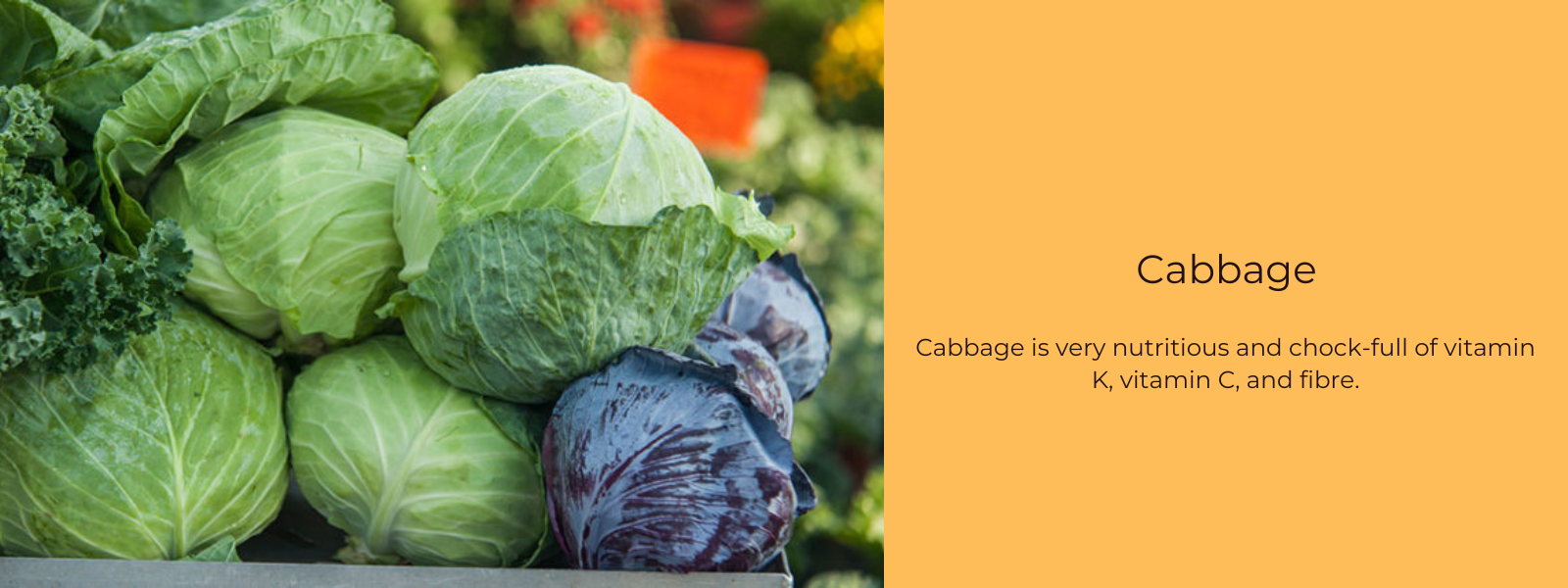Pointed Gourd, also known as Parwal, Patola, and Potol, is an excellent food choice because it supplies the body with numerous vital nutrients. The pointy gourd, when cooked with the correct ingredients, can be incredibly tasty and nutritious. Pointed gourd is used in this traditional practice for the treatment of skin diseases, fever, and constipation.
Table of Contents
What is pointed gourd?
Botanically named as Trichosanthes dioica, the Pointed Gourd is a dioecious vine-like plant with distinctive heart-shaped leaves. Native to India, parwal is primarily grown in the northeastern and eastern parts of the country. The plant's edible fruit is used in a wide variety of dishes, either on its own or in tandem with other vegetables.
Uses of pointed gourd:
Pointed gourd has a mild flavour and a soft, mushy texture, all of which allow it to take on the flavours of the spices and other ingredients with which it is cooked. There are both dry and wet Indian cuisines that make use of pointed gourd. In addition, pointed gourd is a delicious ingredient in several regions of India.
Nutritional Value of 100g Pointed Gourd
Pointed gourd is loaded with nutrients like vitamins A, B1, B2, and C. The calcium in pointed gourd is very helpful for maintaining strong bones.
Pointed Gourd is a fantastic vegetable for lowering cholesterol because it contains so few calories. Ayurveda, an ancient Indian medical tradition, prescribes pointed gourd for a wide variety of conditions, including digestive issues. Nutritionally, pointed gourds are beneficial since they are regarded as a natural aphrodisiac.
While only having 24 calories per 100g, pointed gourd is a good source of vitamin A and C, potassium, magnesium, phosphorus, and many other micronutrients. So, it's a fantastic option for anyone trying to cut back on calories while increasing their nutritious intake.
Health benefits of pointed gourd:
Pointed gourd for digestion and constipation
The pointed gourd is a good source of vitamins and fibre in addition to being low in calories. These fibres aid in proper digestion and make for more regular bowel habits. These nutrients are what give pointed gourd its ability to improve intestinal health.
The fact that persistent constipation, if left untreated, can cause a wide range of major health concerns belies the common misconception that this condition is easily treatable. This is because undigested food sits in the intestines and eventually causes various illnesses.
Constipation can be caused by not drinking enough water or by taking in too much iron or other minerals. Those who suffer from constipation might benefit from eating bitter pointed gourd since its seeds help restrict the passage of faeces.
Pointed gourd regulates glucose levels
Pointed gourd's ability to regulate and alter blood sugar levels is due to the presence of a number of nutrients. Blood sugar levels are not known to rise, and they help prevent dangerous surges. They aid with cholesterol control as well, decreasing LDL and raising HDL.
Pointed gourd helps in weight loss
Inactivity and the consumption of high-fat fast food have contributed to obesity's global rise to epidemic proportions. Obesity is not something to be taken lightly, as it can lead to serious health problems such as cardiovascular disease, high blood pressure, and more.
In addition to being high in fibre, pointed gourd has a low calorie count. This means you may enjoy a satisfying meal without worrying about going overboard on calories. This is why it's recommended that dieters consume this vegetable frequently.
Pointed gourd acts as blood purifier
According to Ayurveda, pointed gourd is excellent at regulating kapha and can therefore be used to purify the blood. For this reason, eating pointed gourd can help those with a kapha imbalance. Blood purification is crucial for keeping the body free of numerous potentially fatal diseases.
Pointed gourd reduces cholesterol in the blood
As was previously noted, pointed gourd seeds help regulate blood sugar. Moreover, they are effective for lowering cholesterol. In addition to lowering LDL cholesterol, pointed gourd has been shown to increase healthy HDL cholesterol.
Pointed gourd treats cold and flu
Even though the typical cold and the flu are not life-threatening, they can nonetheless leave you feeling terrible and uncomfortable. According to Ayurveda, eating a pointed gourd can help you fight off viral diseases like the common cold and flu. The pointed gourd vegetable's high vitamin C content is responsible for this effect. As a medication, it helps with the flu, high fevers, and sore throats.
Pointed gourd has anti-aging properties
Because of its high levels of antioxidants and vitamins A and C, pointed gourd can be used to delay the visible effects of skin ageing. Yet, it doesn't just help the skin — it stops all of the body's organs from ageing prematurely as well.
Pointed gourd helps in jaundice
Because of its beneficial effects on the liver, pointed gourd is useful in the treatment of jaundice. Moreover, the liver's overall efficiency is enhanced. Because the liver is such a crucial component of digestion, this also benefits absorption of nutrients.
Pointed gourd has antibacterial properties
The antibacterial properties of pointed gourd are extracted from its leaves, fruit, and seeds. Because of this, the plant as a whole can be utilised to treat a wide range of bacterial illnesses.
Pointed gourd treats anorexia
Pointed gourd has been shown to be effective in the treatment of anorexia, a mental and physical disorder.
Easy and popular pointed gourd recipe:
There are several ways to cook using pointed gourds. The following is a guide for making aloo parwal, one of the world's most popular dishes:
- Cut up some pointed gourds once you've peeled and rinsed them in water.
- Do the same with the potatoes.
- Put some normal spices on the fried potatoes and pointed gourds.
- After ten minutes in the pan, pour some water over the ingredients.
- Give it 15 minutes on a medium burner to boil.
- Add some chopped cilantro to the finished curry.
Side effects of pointed gourd:
There have been no reported cases of serious allergic reactions to the pointed gourd. But pay close attention to the following details:
- Bloating and cramping are two unpleasant side effects of eating too much.
- Nausea and headaches are the most common unwanted effects.
- Lightheadedness has been reported on occasion as well.










Leave a comment